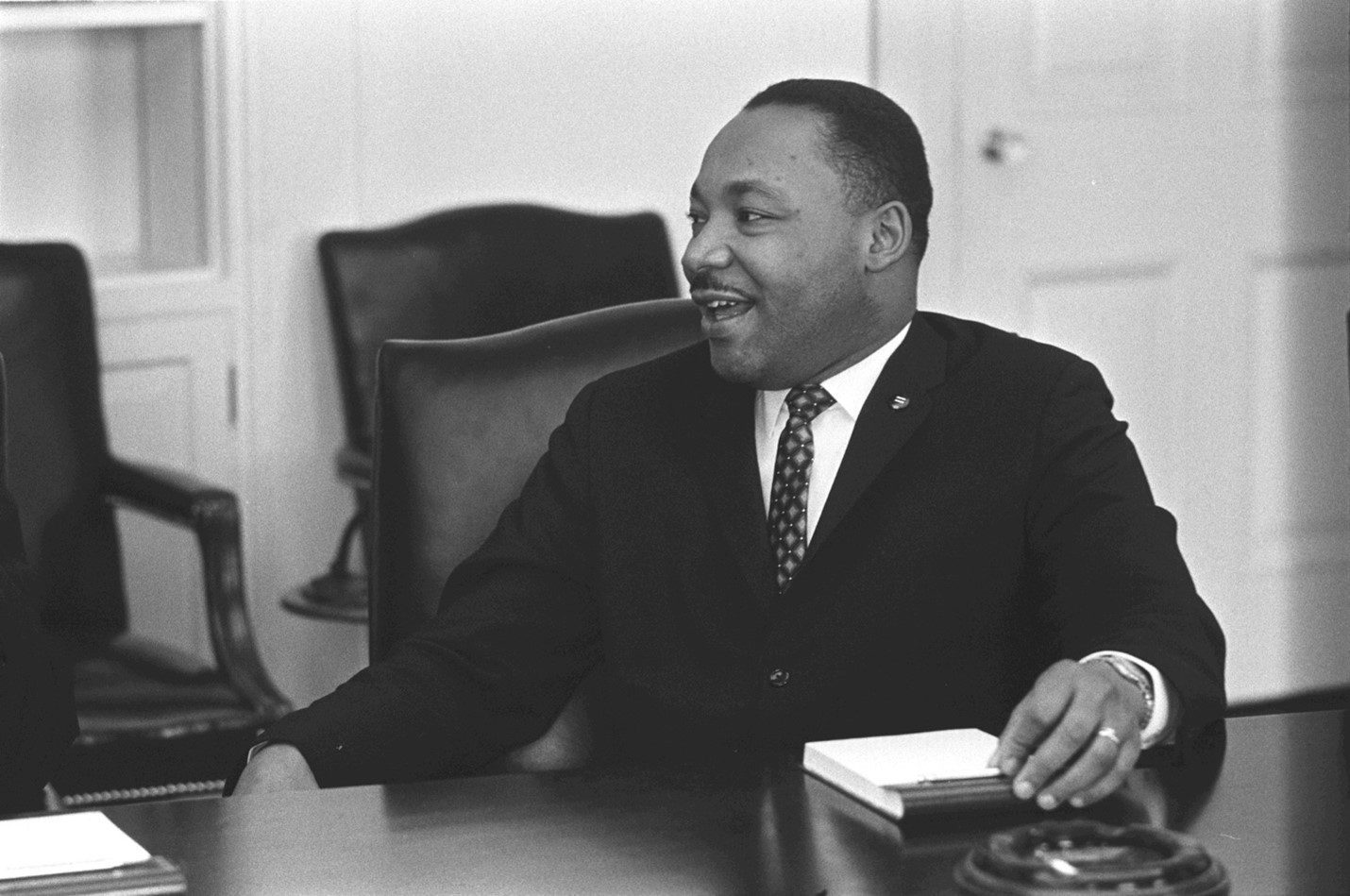Investing is not the study of finance – it’s the study of human behavior.
That’s how award-winning columnist Morgan Housel framed it while hosting the second Moneta University Speaker Series event of 2021 with a webinar on “The Psychology of Money.”
Housel used storytelling to explore how investors make decisions around risk, fear, greed and uncertainty. His goal was to discover how we can think about risk in a more productive way.
The Wright Brothers: Timing is meaningless, but time is everything
In hindsight, it’s hard to overstate how important the first flight was to human history. Nothing was the same afterwards. You don’t need scientific expertise to hold a childlike wonder at the sight of a large metal machine soaring through the air.
Yet, in the moment, news of the Wright Brothers’ accomplishment was hardly news at all. The only newspaper that did eventually cover their endeavors did so out of sympathy for their “silly little flying machine” with the headline “Dayton Boys Solve Problem.”
Housel’s lesson: patience is a competitive advantage.
While most investors consider themselves to be in it for the long term, they often define that as only 3-5 years – sometimes as little as a single year.
Housel contrasted this to the fact that 99% of Warren Buffet’s net worth was earned after his 75th birthday. His secret has largely been time horizon.
When progress is measured generationally, results shouldn’t be measured quarterly. The central problem investors fall for is underestimating the amount of time needed to put the odds of long-term success in their favor.
Stephen Hawking: Stop moving the goalposts
Stephen Hawking was asked how he could remain so happy despite the extremely unfortunate circumstances of living with a disease that slowly paralyzed his body. His response was remarkable, as usual. “My expectations were reduced to zero. Everything since then has been a bonus.”
Housel’s lesson: expectations are more powerful than circumstances.
Many people identify the 1950s as America’s best economic time period even though it is very easy to prove that it was no better than today.
Now our incomes are doubled, but our expectations more than doubled. We’re never going to be satisfied with any amount of money if our expectations grow faster than our wealth.
“Enough” is most important word in managing money. It’s different for everyone, but you need to clearly define it for yourself.
Harry Houdini: Real risk is what you don’t see
Known for his daring escapes, Harry Houdini’s other trick was stomaching a gut punch from the largest man in his crowd without even flinching. When a skinny college kid hit him while he wasn’t expecting it, however, it injured him in a way that eventually resulted in his death.
Housel’s lesson: how risky something is depends on whether you are prepared for it or not. Our biggest economic risk is what no one is talking about because if no one is talking about it then no one is prepared for it. If no one is prepared for it, the damage will be amplified when it arrives.
We spent all our time talking about Obama and Trump, but it was COVID that ended up being the real risk. Unforeseen events such as September 11 and Pearl Harbor made similar impacts.
Earthquakes: Everyone has a different view of the world
When people think about risk, they don’t do it in analytical way – they do it in cultural way.
Californians can’t predict when their next major earthquake will come, but they are always prepared for one. The state is constantly reminded of this risk by frequent small earthquakes, which makes it easier for voters to approve safeguarding measures.
People in the state of Washington face the same threat of a major earthquake. However, they experience smaller earthquakes at a much lower frequency than California. Without that persistent reminder of the bigger risk, Washington has proven to be much less proactive in safeguarding against it.
Housel’s lesson: nothing is more persuasive than what you’ve experienced in your own life. We become prisoners to our own past and personal experiences.
People who make different decisions than you are not always crazy, they are merely acting on different experiences. Personal finance is more personal than it is finance.
ABOUT MORGAN HOUSEL

Morgan Housel is a partner at The Collaborative Fund and a former columnist at The Motley Fool and The Wall Street Journal. He is a two-time winner of the Best in Business Award from the Society of American Business Editors and Writers, winner of the New York Times Sidney Award, and a two-time finalist for the Gerald Loeb Award for Distinguished Business and Financial Journalism. He has presented at more than 100 conferences in a dozen countries.
ABOUT THE MONETA UNIVERSITY SPEAKER SERIES
To elevate our client experience at Moneta, we launched the MonetaU Speaker Series in 2020 to help us all stay connected and learning together while social distancing during the pandemic.
As we re-emerge from what was such an unusual, stressful year for so many, we are renewing the MonetaU Speaker Series with three more topical webinars given by high profile guests in 2021:
- Celeste Headlee (May – How to have conversations that matter)
- Morgan Housel (August – The Psychology of Money)
- John O’Leary (November – Being out of bed doesn’t mean you’re awake)
We hope these evenings of wisdom, encouragement and inspiration help revitalize your outlook and re-engage with some sense of normalcy. We all need this for ourselves and for each other.
© 2021 Moneta Group Investment Advisors, LLC. All rights reserved. Moneta Group Investment Advisors, LLC is an SEC registered investment advisor and wholly owned subsidiary of Moneta Group, LLC. Registration as an investment advisor does not imply a certain level of skill or training. Moneta is a service mark owned by Moneta Group, LLC. The opinions of those presented by the Moneta University Speaker Series guests do not necessarily represent those of Moneta.



